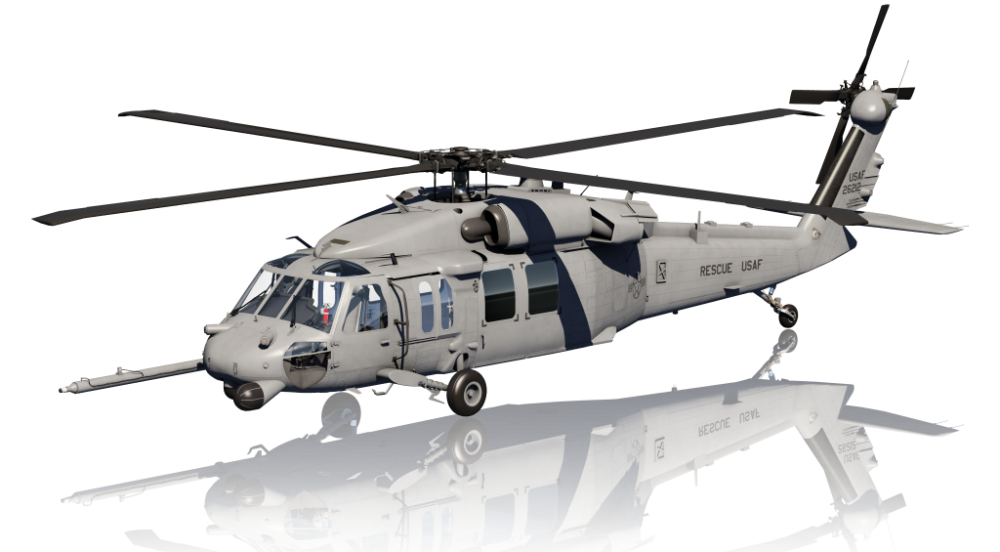The Influence of Lasting Practices on the Future of Airplane Procedures and Emissions Reduction
As the aeronautics market deals with raising analysis over its ecological impact, the fostering of sustainable methods emerges as an essential pathway towards future airplane procedures and emissions reduction. Developments in lasting aeronautics fuels and innovations in crossbreed propulsion modern technologies stand at the forefront of this improvement, encouraging significant reductions in greenhouse gas discharges.

Review of Lasting Practices
Sustainable methods in airplane procedures include a series of techniques aimed at decreasing ecological impact while maintaining functional efficiency. These practices are crucial in the air travel market's dedication to lessening its carbon footprint and adhering to global ecological requirements. Secret efforts include optimizing flight paths to reduce fuel consumption, boosting upkeep methods to ensure airplane run at peak performance, and applying advanced innovations such as winglets and lightweight products that boost aerodynamics.

Training and engaging team on sustainability practices additionally play a vital function, cultivating a culture of environmental duty within companies. Generally, the assimilation of these lasting methods not only helps in reducing discharges but likewise enhances the lasting feasibility of the air travel field, ensuring it satisfies the needs of both customers and regulatory bodies while adding to international sustainability objectives.
Innovative Gas Alternatives
Various innovative fuel alternatives are becoming critical remedies to minimize the aviation market's dependence on typical fossil gas. Among these choices, Lasting Air travel Fuels (SAFs) have gained significant interest as a result of their potential to lower lifecycle greenhouse gas emissions by up to 80% compared to standard jet gas. SAFs are stemmed from various feedstocks, including waste oils, agricultural residues, and also algae, making them a versatile option for the market.
An additional promising choice is hydrogen fuel, which, when utilized in fuel cells, produces just water vapor as a by-product. Additionally, electric propulsion systems are being explored, leveraging battery technology to power aircraft.
Last but not least, biofuels stemmed from biomass are being checked out, providing a renewable option that can be mixed with conventional gas. Collectively, these cutting-edge gas alternatives represent an important action toward achieving a sustainable aeronautics environment, aligning with international exhausts reduction targets and improving the market's environmental stewardship.
Technical Improvements in Aviation

Exactly how can technological innovations reshape the future of aviation? Technologies such as hybrid and electrical propulsion systems are at the forefront, promising considerable reductions in fuel intake and greenhouse gas emissions.
Additionally, the application of advanced materials, such as lightweight composites, adds to boosted the rules of aerodynamics and fuel effectiveness. Using artificial intelligence and artificial intelligence in trip operations maximizes course planning and decreases gas shed by enabling real-time changes based upon weather condition and traffic conditions. Furthermore, the development of independent and remotely piloted aircraft systems stands to revolutionize cargo and traveler transportation, possibly raising efficiency while reducing human error.
Furthermore, lasting aeronautics innovations, consisting of innovative air website traffic monitoring systems, can enhance operations and decrease blockage, leading to reduced exhausts during trip. additional info These advancements collectively represent a standard change in aviation, promising a future where sustainability and operational effectiveness are intertwined, therefore supporting the sector's commitment to reducing its ecological impact.

Governing Framework and Conformity
Taking into account the expanding emphasis on ecological stewardship within the air travel market, the governing framework controling aircraft procedures is evolving to advertise lasting techniques. Governing bodies, such as the International Civil Aeronautics Company (ICAO) and different nationwide aeronautics authorities, are introducing rigid guidelines aimed at decreasing emissions and enhancing functional performance.
These regulations often consist of the fostering of Lasting Air travel Fuel (SAF), which has actually been recognized as an essential element in attaining lower carbon footprints. Conformity with these policies calls for airlines to apply innovative technologies and operational methods, such as optimized trip paths and enhanced air website traffic management, to reduce gas usage.
Furthermore, the enforcement of discharges trading plans and carbon balancing out efforts is ending up being progressively prevalent, engaging airlines to check and report their discharges properly. Non-compliance can result in considerable fines, therefore pushing drivers to prioritize sustainability in their organization versions.
Ultimately, the developing regulative landscape not just drives technology and financial investment in green innovations yet additionally cultivates a culture of responsibility within the air travel sector. As these frameworks proceed to develop, the concentrate on sustainable methods will be essential to accomplishing the market's long-lasting environmental objectives.
Future Fads in Aircraft Workflow
As the air travel sector adapts to a significantly rigorous regulative setting, future trends in aircraft operations are readied to focus on ingenious remedies that additionally enhance sustainability and performance - uh 60. Secret growths will likely consist of the adoption of innovative air website traffic administration systems, which use real-time data and fabricated knowledge to enhance flight courses, lowering fuel consumption and discharges
Another considerable trend is the increased combination of sustainable air travel gas (SAFs) These alternatives to conventional jet fuel, stemmed from eco-friendly sources, can considerably decrease lifecycle greenhouse gas emissions. The market's dedication to SAFs will likely accelerate as airlines team up with fuel manufacturers to make certain accessibility and cost-effectiveness.
In addition, the press towards electrification and hybrid propulsion systems is obtaining energy. Emerging aircraft styles will certainly include these modern technologies, offering quieter and a lot more efficient useful reference operations, especially for short-haul trips.
Verdict
Finally, the assimilation of sustainable methods in airplane procedures holds significant capacity for emissions decrease and improved performance. The adoption of lasting aeronautics fuels, combined with advancements in electric and hybrid propulsion systems, is important visit this website for lessening lifecycle greenhouse gas emissions. Optimizing flight courses and embracing innovative technologies contribute to a quieter and much more eco pleasant air travel industry. Collectively, these initiatives straighten with global sustainability objectives and lead the way for a greener future in aviation.
Advancements in sustainable air travel gas and improvements in crossbreed propulsion technologies stand at the center of this transformation, appealing significant decreases in greenhouse gas discharges.Many innovative fuel choices are emerging as crucial remedies to lower the aeronautics industry's reliance on standard fossil fuels - uh 60. Amongst these alternatives, Lasting Air travel Gas (SAFs) have gained significant attention due to their potential to lower lifecycle greenhouse gas emissions by up to 80% contrasted to conventional jet gas.An additional considerable fad is the increased assimilation of lasting aeronautics gas (SAFs) The adoption of sustainable aviation gas, coupled with innovations in electrical and hybrid propulsion systems, is essential for decreasing lifecycle greenhouse gas emissions